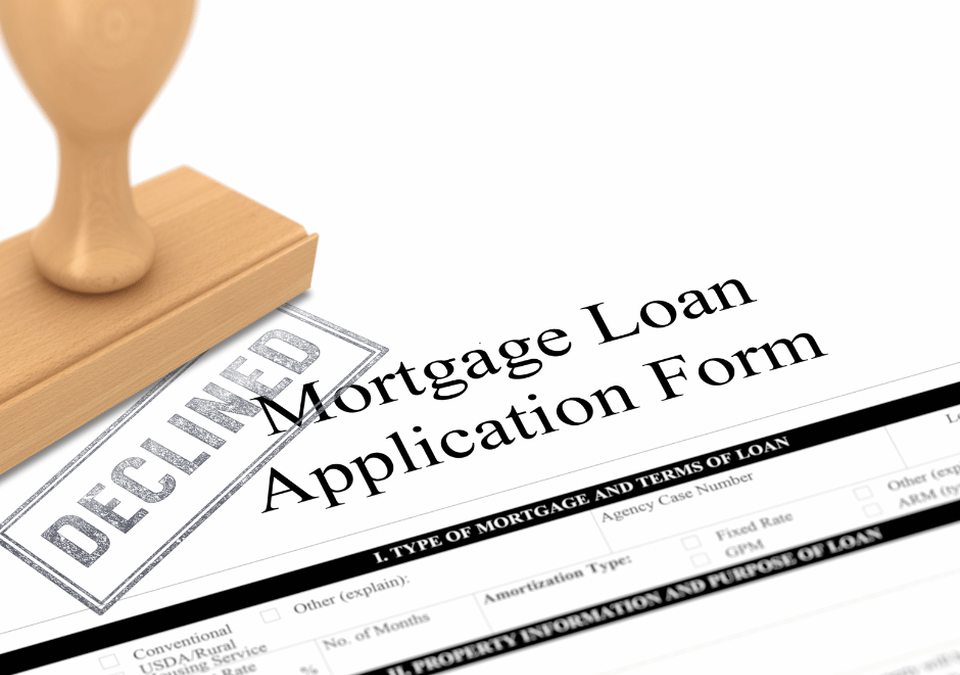Use a Specialist Mortgage Broker
A mortgage broker can help match you with lenders that suit your personal and financial circumstances — especially if you’ve been declined elsewhere.
Brokers know which lenders are more flexible with:
Look for a broker who is:
With expert guidance from our team, you can avoid unsuitable lenders and target those most likely to say yes.
FAQ’s
What are the most common reasons a mortgage is declined?
The most common reasons a mortgage is declined include poor credit history, a high debt-to-income (DTI) ratio, insufficient deposit, unstable employment, and issues flagged in the affordability assessment. Other factors like property type, multiple recent credit applications, or not being on the electoral roll can also affect approval. Each lender applies its own criteria, so being declined by one doesn’t mean you’ll be rejected by all.
How does credit history affect mortgage approval?
Your credit history shows how you’ve managed borrowing in the past. Lenders use it to judge if you’re financially reliable. Missed payments, defaults, CCJs, or bankruptcy can lower your credit score and raise red flags. Even small unpaid bills can affect a mortgage decision. Reviewing your credit report in advance and correcting errors can improve your approval chances.
What is a debt-to-income ratio and why does it matter for mortgages?
The debt-to-income (DTI) ratio compares your monthly debt payments to your gross monthly income. Lenders use it to assess affordability. A high DTI suggests you may struggle with repayments, especially if interest rates rise. Keeping your DTI under 40% improves your mortgage eligibility. You can reduce it by repaying credit cards, consolidating debt, or increasing your income.
Can I get a mortgage if I’m self-employed?
Yes, you can get a mortgage if you're self-employed, but you’ll need to provide more evidence of stable income. Most lenders ask for 2–3 years of accounts, SA302 tax returns, and an accountant’s reference. Being self-employed won’t stop you from getting a mortgage, but it’s important to prepare your documents early and consider using a specialist mortgage broker.
Do property types affect mortgage approval?
Yes, some property types are considered higher risk and may affect mortgage approval. Lenders often hesitate to lend on homes with non-standard construction, short leaseholds, or flats above commercial premises. A lender's valuation survey might differ from the market value and impact your loan offer. It’s wise to check the property’s suitability with your solicitor or broker before making an offer.
What Stops You Getting a Mortgage — and How to Overcome It
Being turned down for a mortgage can feel frustrating — even discouraging. But it doesn’t mean the end of your homeownership journey. In most cases, the issue is solvable with the right steps.
Understanding what stops you getting a mortgage is the first move toward fixing it. Whether it’s your credit history, income stability, debt levels, or the property itself, many common problems can be tackled with careful planning and expert advice.
Here’s a quick summary of the key points to remember:
- Lenders check your credit history, debt levels, income, and spending habits before approving a mortgage.
- Poor credit, a low deposit, or unstable employment are common reasons applications are declined.
- High debt-to-income (DTI) ratios can impact affordability checks and lead to rejection.
- Property issues — like short leases or non-standard construction — can stop lenders from approving a loan.
- Avoid making multiple credit applications or missing details in your mortgage form.
- Check your credit report early, fix errors, and improve your score before applying.
- Save a bigger deposit to access better rates and increase lender confidence.
- Use a specialist mortgage broker to find lenders suited to your situation.
- Seek legal advice if you’ve been declined or have questions about the process.
If you've been declined or are unsure where to start, Tilly Bailey & Irvine can help. Our team offers clear, practical guidance to help you move forward with confidence. Book an appointment at one of our offices: Hartlepool, Barnard Castle, Stockton, Wynyard or Sunderland. Or arrange for a member of our team to contact you.






